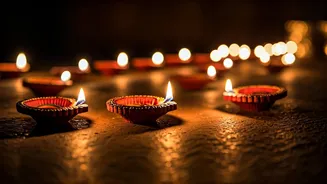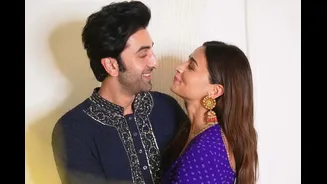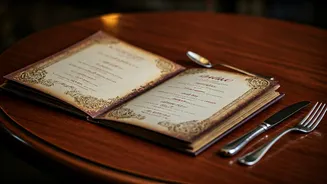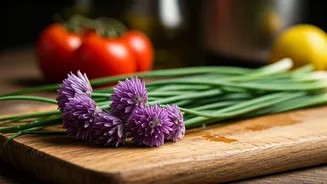Diwali: Date Revealed
The exact date of Diwali varies annually due to its alignment with the Hindu lunar calendar. For 2025, the festival of lights is expected to fall either
on October 20 or October 21. This ambiguity arises from the complex calculations that govern the Tithi, or lunar day, which determines the celebration's timing. The precise date will depend on the duration of the Amavasya (new moon) tithi, influencing the final determination of the Diwali date. Determining the correct date involves careful consideration of the Tithi's timing, adding a layer of anticipation as people eagerly await the confirmation of the celebration schedule. The celebration time may vary across different regions of India.
Significance of Diwali
Diwali holds immense importance, symbolizing the triumph of good over evil, light over darkness, and knowledge over ignorance. The festival is a celebration of Lord Rama's return to Ayodhya after fourteen years of exile, as narrated in the epic Ramayana. This homecoming was marked by the lighting of countless lamps, illuminating the path and welcoming the king. Furthermore, Diwali is associated with Goddess Lakshmi, the deity of wealth and prosperity, and Lord Ganesha, the remover of obstacles. People engage in prayers, rituals, and the exchange of gifts to invite prosperity and success into their lives. Diwali's significance also extends to the New Year celebrations in some communities, marking a time for new beginnings and renewed hope.
Celebration Diversity
Diwali celebrations are a kaleidoscope of traditions, varying widely across different regions of India. In North India, the festival is celebrated with great fervor, including the bursting of firecrackers, the exchange of sweets, and the decoration of homes with lights and rangoli. South India observes Diwali with traditional oil baths, new clothes, and the preparation of special delicacies. In West India, Diwali is marked by the worship of Lakshmi and the burning of diyas (oil lamps) to dispel darkness. East India's celebrations often incorporate specific rituals and traditions unique to the region. The festival unites all these diverse practices, reflecting the rich cultural tapestry of India. Diwali becomes a time of togetherness and joy, binding the nation in a common thread of celebration.
Festive Atmosphere
During Diwali, the entire nation is enveloped in a spirit of festivity and joy. Markets are bustling with shoppers seeking gifts, decorations, and new clothing. Homes are meticulously cleaned and adorned with colorful lights, lanterns, and rangoli designs. The aroma of delicious food, including traditional sweets and savory dishes, fills the air, creating a sensory experience. People gather with loved ones, exchanging greetings and sharing meals, fostering a sense of community. The atmosphere is further enhanced by the vibrant firework displays, which paint the night sky with dazzling colors and patterns. The combination of these elements creates an unparalleled festive experience that embodies the spirit of Diwali.
Diwali Activities
Diwali is a time for diverse activities, reflecting its multifaceted nature. The preparation of festive meals is a central activity, with families preparing traditional dishes and sweets. Homes are thoroughly cleaned and decorated with lights, diyas, and rangoli, signifying the welcome of prosperity. Performing Lakshmi Puja is a core ritual, with people seeking blessings for wealth and well-being. Exchanging gifts and sweets with family and friends strengthens bonds and spreads happiness. Playing games and engaging in family gatherings add to the joyous atmosphere. Bursting firecrackers is a common practice, adding to the spectacle and excitement of Diwali celebrations. All these activities come together to make the festival a truly memorable experience.












